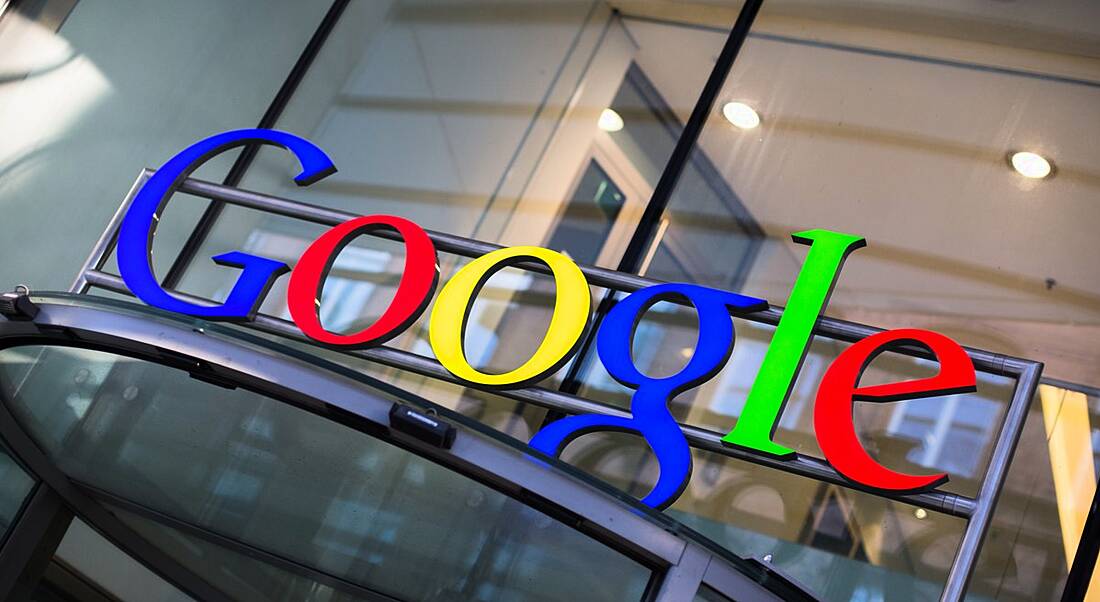Google’s methodology in coming to the conclusion that there is no pay gap issue at the company has raised eyebrows.
Here in the Careers section, we like to keep apprised of all issues pertaining to gender equality, including developments in the burgeoning movement to close the gender pay gap once and for all.
So, of course, it’s of serious interest to hear that a company as large, powerful and culturally relevant as Google has announced that it did not find any “statistically significant” pay differences between Google employees in its most recent pay equity analysis.
Furthermore, the tech behemoth revealed that it had spent a total of $270,000 correcting any of the minor pay discrepancies that arose.
This is seemingly good news, and makes Google sound incredibly exceptional given that gender pay gaps have been consistently observed across every country and industry in the world, according to the World Economic Forum. But some people, particularly some of Google’s activist investors, aren’t buying it.
What has made people doubt the results is one small but certainly significantly point of its methodology: the company left out 11pc of its employees, most of whom would be some of the most well-compensated individuals in the company.
This 11pc were left out of analysis because they belonged to job groups too small or too imbalanced to meet Alphabet’s standards for “statistical rigour”.
In a blogpost detailing the methodology (Google is one of the first large tech companies to even disclose this), the company explained that its analysis covered every job group “with at least 30 Googlers total and at least five Googlers per demographic group for which we have data (eg at least five men and at least five women)”.
Google’s disclosure comes on the heels of a proposal made by activist shareholder Arjuna Capital, and managing partner Natasha Lamb is dissatisfied with the results.
Speaking to Bloomberg, she explained that the results didn’t sit right with the team at Arjuna Capital, which has been putting pressure on US tech companies to disclose gender pay gaps.
“We find ourselves uncomfortable with its lack of breadth,” she said, adding that she was “concerned that 11pc of Google employees are left out of the analysis published today. We think there is room for improvement and can’t give a rubber stamp to an incomplete analysis.”
Google has been dogged by controversy concerning issues of gender in recent times. Earlier this year, the company faced a revised gender-pay class action that alleges Google underpaid women in comparison to their male cohorts, and asked women about their previous salaries during the hiring process.
The US labour department also filed a lawsuit against Google in January 2017 to request compensation data, and later testified in court that pay inequities at Google were systemic.
Google famously fired software engineer James Damore after he circulated an anti-diversity memo around the company, claiming that female underrepresentation in tech can be chalked up to inherent psychological differences between genders.
Google sign, Hamburg, Germany. Image: lightpoet/Shutterstock




